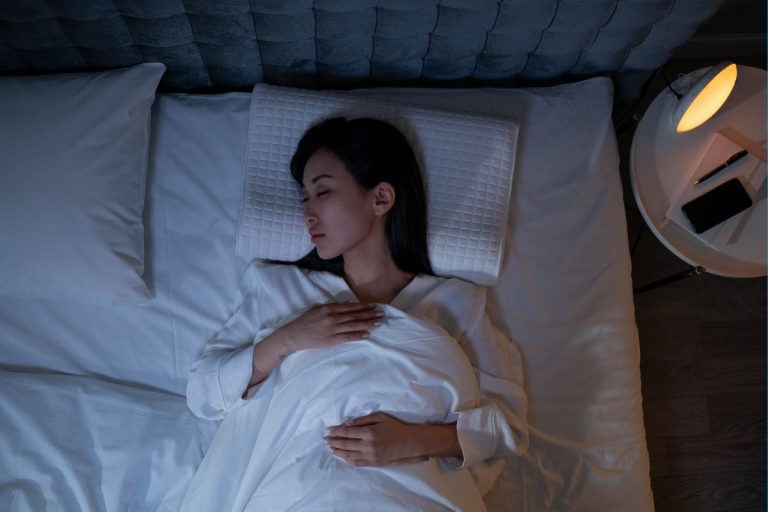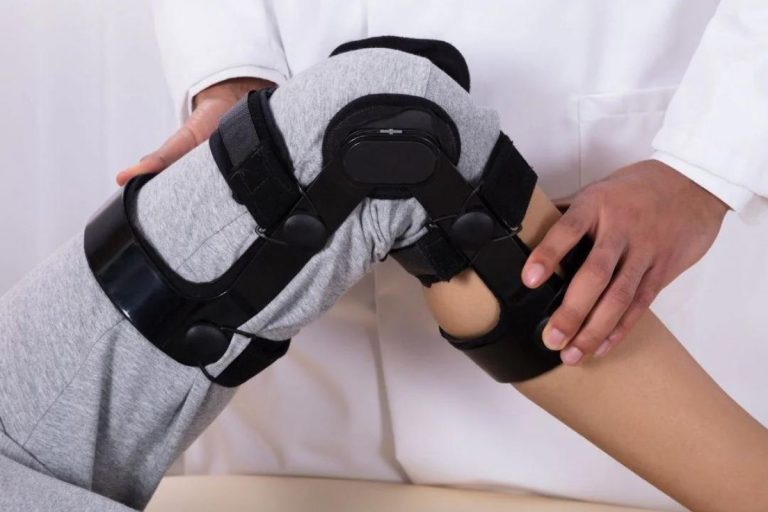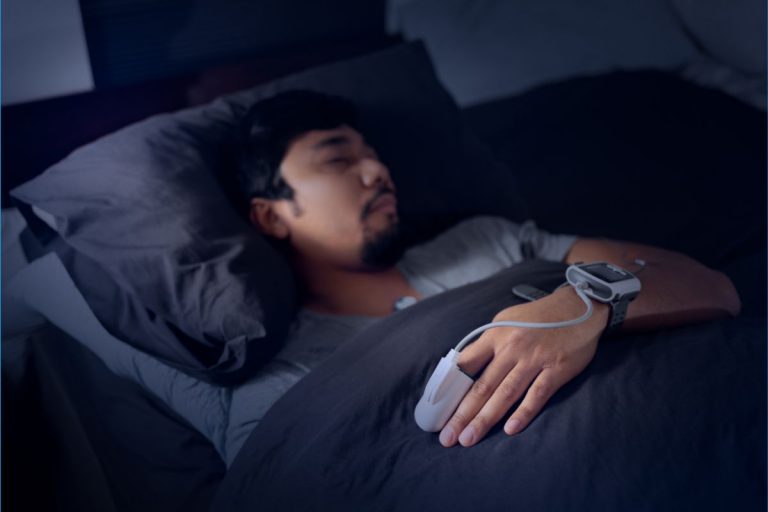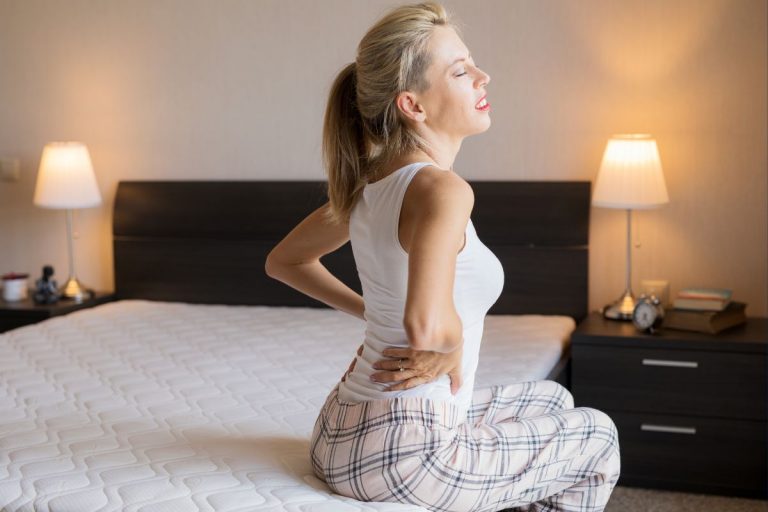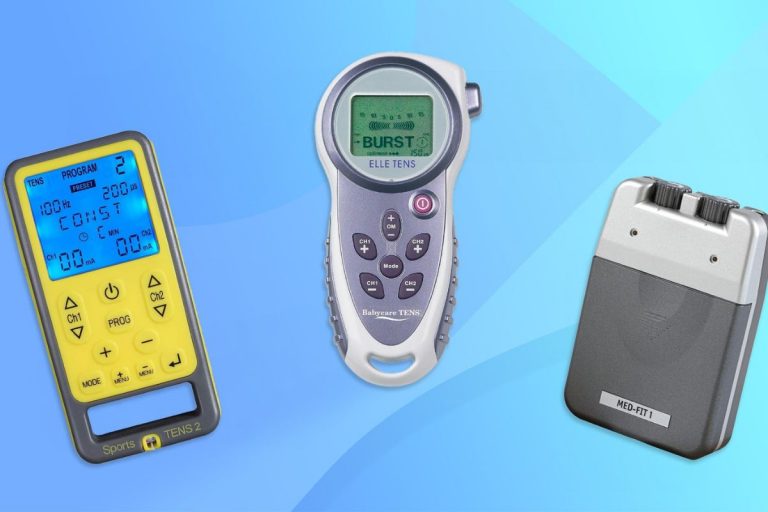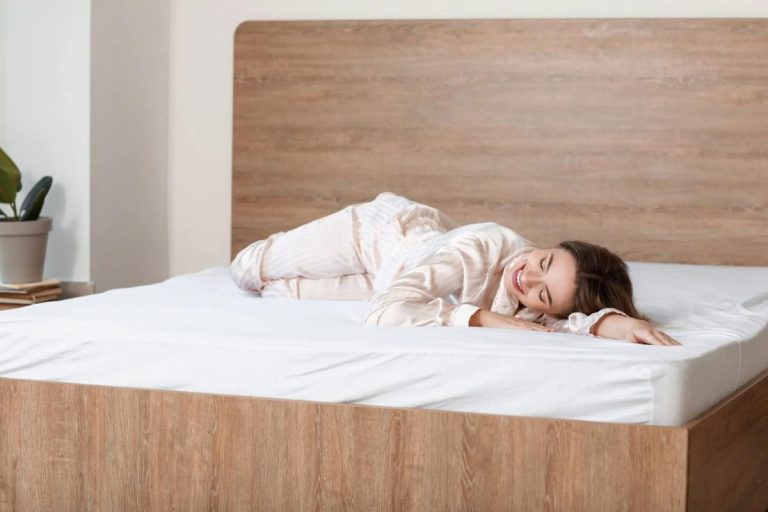Many people enjoy the feeling of a warm bed, especially during the cold winter months. But are heated mattress pads actually bad for you? The answer to this question is not as simple as it may seem.
In fact, there are many pros and cons associated with using a heated mattress pad that needs to be taken into consideration before deciding on whether they’re right for you.
A heated mattress pad is a type of electric blanket that is used on top of your bed and aimed towards your head and feet. The pad has settings that allow you to adjust the temperature for each side, and also includes an automatic shut-off feature.
In this article, we are going to see if heated mattress pads are a good idea for you. We’ll see potential issues, how to maximize their efficacy, and what to look for when buying one.
Heated Mattress Pads: Good or Bad?
Heated mattress pads are a type of electric blanket that is used on top of your bed and aimed towards your head and feet. The pad has settings that allow you to adjust the temperature for each side, and also includes an automatic shut-off feature.
While they are a wonderful tool for any homeowner in those dark and frozen nights, they have their flaws.
Heated Mattress Pads Pros
Buying heated mattress pads will give you great sleep—once you’ve correctly calibrated them. But let’s see their pros more in details.
You can adjust your electric blanket to be hot or cold. You can regulate all modern to your preferred temperature, so you will never be too hot or cold. It’ll take some time getting the settings right, but when you do, you’ll enjoy great sleep.
Warning: Don’t exaggerate with the heat. The environment affects our sleep big time. If you are too hot or too cold when you sleep, you are way more likely to wake up.
Heat can also help with pain relief and muscle recovery after a hard day at work, by increasing circulation in your muscles to speed up the healing process of soreness. This is great news for anyone leading an athletic life. Better recovery? Sign me up!
There is no need for heavy duvet, quilt, or heavy clothes when using heated mattress pads. For some people, this is a flaw, because they like the hugging feel of multiple strata of bedding over them. But for others, it feels way more liberating. It depends on what you like the most.
You can save money and energy. By using a heated mattress pad, you can reverse your heating system, and just use the electric blanket to maintain temperature. This means you save on the resources you’d have used to heat your entire home.
Heated mattress pads are semi-portable. Visiting a friend who lives in the mountains? Bring your pad with you. You won’t be the awkward guest who complains about the house’s temperature, and you’ll sleep like a baby in your heated pad. Why only semi? Well, you can’t really use them anywhere, unlike electric blankets.
They are also easy to maintain. You can toss them into the machine washer to clean them. But be careful: always read the instructions manual before doing so. There are specific conditions you must satisfy for a secure wash.
Heated Mattress Pads Cons
Now, even though the positives outweigh the negatives by far (except for those who are sensitive to electric blankets), there are still some things that need to be considered before buying one.
- They may cause dry, flaky skin because of overheating of the body. How? When you sleep with your electric blanket, the surrounding air becomes hot and dry. The problem usually occurs when using a high-quality heated mattress pad over an undisturbed area of skin for long periods of time (many hours).
- If not well calibrated, they may cause muscle pain and poor circulation in your feet—especially if you move a lot during sleep.
- A pad may cause a loss of water weight, which can lead to dehydration if you use it for too long or without breaks.
- They use a lot of electricity. Up to 180 watts per night, depending on the pad and how long you run them for. This might not seem like a lot, but since these pads run for hours, it actually is. This is especially problematic if you live in an area where outages are common.
- They can cause overheating—a common problem among electric blanket users. Some people feel too hot when using them and wake up sweaty instead of being able to sleep peacefully through the night.
Heated Mattress Pads Buying Guide: What Should You Look for?
Buying the right heated pad is going to save you many headaches. Here are some things you should consider before buying one.
Your Climate
If it is freezing where you live, or if your bedroom is on the colder side (wintertime), look for a heated mattress pad with an auto-shut off feature. This way, if your body heats inside of the blanket and reaches dangerous temperatures (over 106° F), the blanket will shut off until your body cools down naturally.
Your Regular Sleeping Position
If you move a lot in bed, look for a heated mattress pad with auto-adjusting controllers so it doesn’t get too hot or cold at night because of changes in your sleep positions and movements during sleep.
Your electricity sources
If you live in an area where outages are common, or if your electricity is not stable because of the weather (especially when it’s windy), look for a heated mattress pad with multiple heat settings and temperature control options so that you can adjust them to work well in any conditions.
Price
Depending on what kind of sleeper you are and the quality of your mattress, you might not need a high-quality heated pad. If it’s just for mild winter weather in an average bedroom, look for something in the lower price range.
Type
Depending on your budget and what kind of sleeper you are (hot or cold), choose from these types:
- Wired Pads—these are the most common type. They use heating elements inside of a protective layer to create warmth and come with multiple heat settings.
- Battery Powered Pads—these offer some versatility but don’t work and wired pads, especially in colder weather (but they’re great for warmer climates). They also may not be very durable.
Minimizing the Pad’s Flaws
Use an electric pad on top of your current bedding. This way you’ll avoid the overheating risk, and still have some heat that will help with muscle pain relief after a tiring day at work.
Get a pad with an auto shut-off timer. This way, you’ll be able to control the time of use and avoid overheating. You’ll be much safer this way.
Never keep your pad on constantly when you’re not in bed. Heat rises, so having it off during the day will help regulate temperature under your blanket at night.
Take breaks from using it to allow yourself to cool down—especially if you are very sensitive or move around too much during sleep.
Aim to get the best mattress pad you can afford—a higher price usually means a better product that will last longer. Cheaper pads are more likely to break, and a broken one is more dangerous.
Check if it has overheating protection features or other safety mechanisms, in case your blanket malfunctions while using it. How?
Editor’s note: We used to believe exposure to electromagnetic radiation caused cancer. Especially with objects that were running so close to our body for such a long time, like pads. Turns out it was a false belief.
Alternatives to Heated Mattress Pads
Heated mattress pads are great. But they have their flaws. For some, these will be deal breakers, while for others they’ll just go unnoticed. But if you want to look for other options—or already have a pad and need a few ways to make it safer—there are things you can do:
Get an electric blanket instead. These are easy to move around and you can use them outside of your bed. For example, while you watch TV. They’re also better if you’re a side sleeper, since the side opposite to the one you’re lying on wouldn’t benefit from a pad’s heat.
You could also get a plug-in heater that you can use during winter months when it’s not possible to keep your doors open or windows cracked even for just an hour. This will help regulate the air around yourself while still feeling safe about having something so close to you 24/h.
Use a heating pad that doesn’t run on electricity—like microwavable or chemical warming pads. They’re not as safe, but they are much cheaper and last longer than electric ones if you don’t have access to an outlet at night.
Warm water bottles are another option if you want to keep your body warm at night. They don’t require electricity and are very portable. You’ll easily enjoy a warm night’s sleep wherever you are, provided you can heat some water.
Conclusions
Heated mattress pads can cause issues if you’re not careful. So, if you’re someone who turns things on and then forget about them, get one with an auto shut off function.
As long as you treat your pad well, you shouldn’t run into any problems. If you not noticing your pad is broken. It could be a problem if you set it on, then leave it, but again, as long as you are careful, you’ll be fine.
Buying a heated mattress pad is great when you live in cold climates. We all hate going to bed and feeling the cold of the mattress and sheets. Plus, the pad’s heat can help a lot with muscle pain and arthritis during cold seasons.
But if you don’t want to risk overheating or problems with the pad, there are other options as well, like heating blankets. They’re not as efficient, but they work better than nothing at all.
Also Read:
